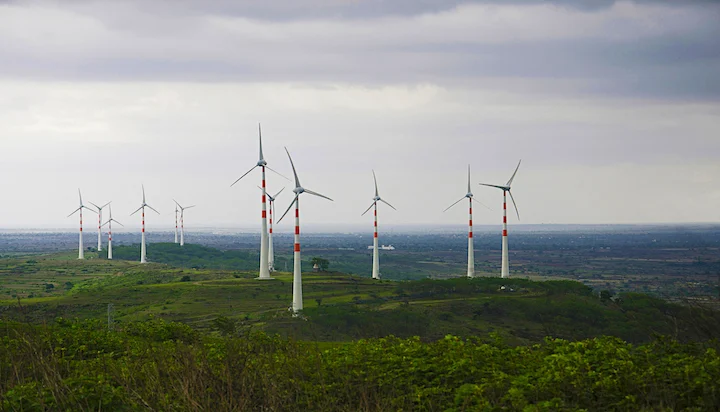Union Minister Nitin Gadkari on Wednesday said India is committed to an eminently achievable clean energy-based economy, and added that the country will soon have a policy for flex-fuel engines.
The road transport and highways minister further said India is shifting its public transport fleet to green fuels like bio-CNG, ethanol, methanol, electricity, and green hydrogen, which will also provide citizens some respite from surging petrol prices.
“India is committed to an eminently achievable clean energy-based economy, through an annual road-map for production, supply of ethanol till 2025-26, and systems for its countrywide marketing,” he said, addressing a virtual event of industry body CII.
Gadkari said his ministry is in talks with automakers for flex-fuel engines and for using biodiesel and LNG in the construction equipment industry.
“We will soon announce a policy for flex-fuel engines. This policy will encourage automobile manufacturers to produce such engines,” he said.
Targeting sustainable development
The minister pointed out that India is one of the fastest-growing economies leading through sustainable and climate-neutral development.
While the government is focusing to create an investor-friendly ecosystem to promote domestic manufacturing, “we are also giving importance to infrastructure development”, he said.
As expected, India is gaining good momentum in the electric vehicle (EV) ecosystem, he noted.
“There is a good response for battery operated small electric vehicles like e-scooter, electric three-wheelers, e-rickshaws, e-carts, and e-bikes in the country,” he said.
The minister added the road ministry is also planning to run a railway, metro, and long-run intercity buses on green hydrogen.
“Both battery electric vehicle and fuel cell vehicle technologies are complementary to each other and are all set to overtake fossil-run automotive by 2050 in the country,” the minister said.
He further said India’s fuel energy security can be well supported by the agriculture sector as it provides opportunities for concepts such as waste to wealth and waste to energy, ultimately leading to the benefit of all.
Both Brazil and India are stepping ahead on the sustainable energy roadmap, he pointed out.
Gadkari said India is committed to meeting the Paris Climate Agreement targets, where efforts are centred to reduce carbon emissions by 33-35 percent by 2030.
The minister said necessary steps are being taken to decarbonise the transport sector by reducing the harmful green house gas (GHG) emissions.
Souce: yourstory.com









